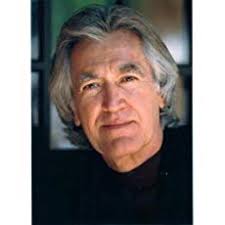
Larry Dossey, MD
Despite the towering intellectual and technological achievements of twentieth-century science, its spell over us has been irreversibly weakened. There are at least two important reasons for this. First, scientist and layman alike have become aware of the limits and shortcomings of scientific knowledge. Second, we realize that our perpetual hunger for spiritual understanding is real and undeniable. It can neither be defined away by subtle logic, nor be satisfied by viewing the universe as sterile, mechanistic, and accidental.1
Consilience is a new concept for many, but its meaning is straightforward. It is the principle that evidence from unrelated sources, such as science and the humanities, or science and religion, can converge and produce unified conclusions. The word originated in the mid-19th century from con,“together,”plus the Latin siliens, “jumping.” In other words, different concepts and ideas can combine or“jump together”to form a unitary whole. As a result, the whole is stronger than when single pieces of evidence stand alone.
A commonplace example of consilienceis the […]











This is a beautiful piece of literature. I have always admired Larry Dossey ; especially his book “One Mind”. Of course I agree with the consilience method of understanding everything. My feelings are leaning toward a more Universal understanding where all of the Universe is under the influence of an eternal, infinite consciousness; or a “Cosmic Consciousness” which I call Universalism, as the religion of the Universe. It will be only when we humans understand that all “things” in the Universe are equal and inseperable, that the rest of the more intelligent beings in the Universe will make themselves known to us. That will mean giving up our less favorable ideas like fundamentalist religious beliefs which lead to murderous wars as well as our materialistic views of nature, especially consciousness, which are our major downfalls in popularity in the Universe.
P.S.: I should have added that what we need desperately to do is replace hate with LOVE.
Thank you, Rev. Dean, for your kind comments. ~ Larry Dossey, MD